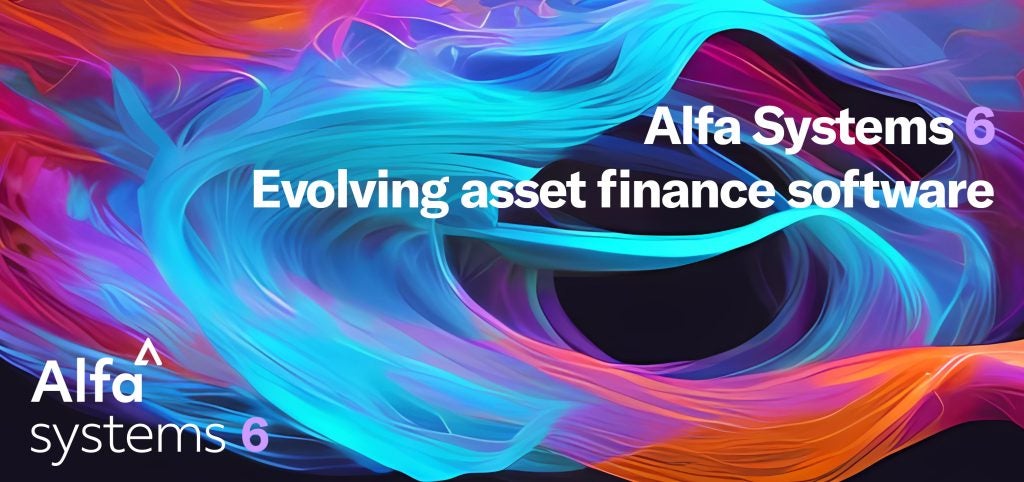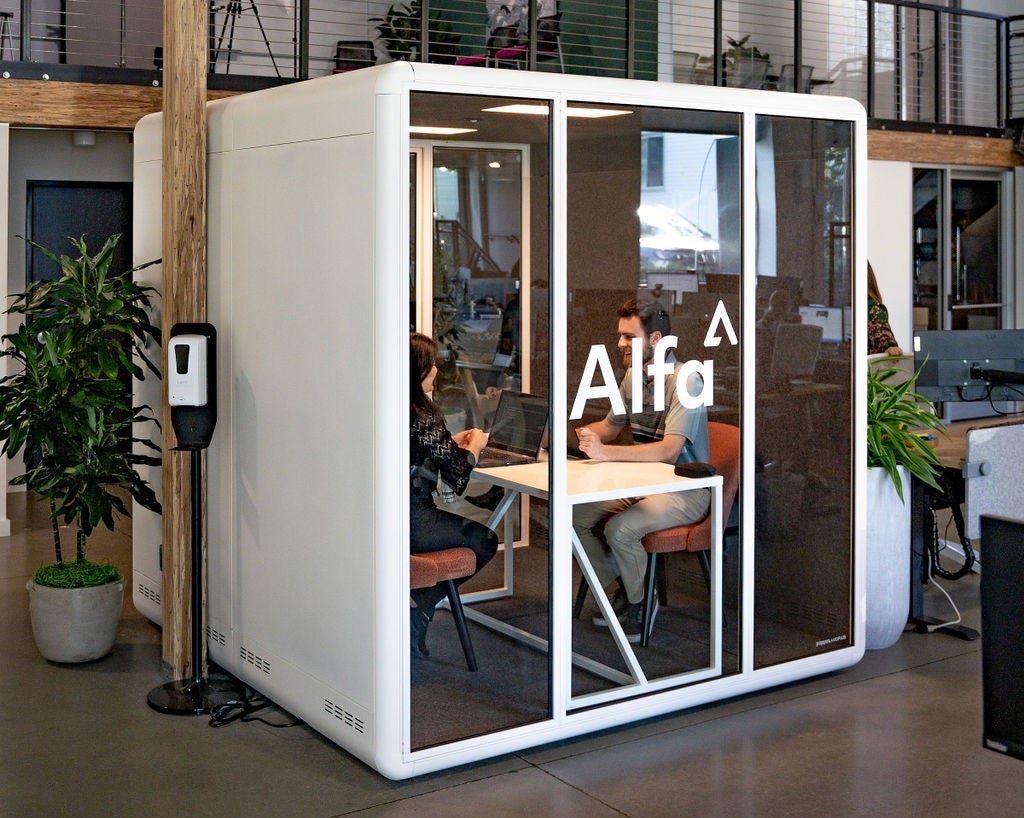
Neil Davies, chief executive officer, Commercial at Close Brothers, offers his take on what the sector can expect in 2022, and discusses the role social mobility and ethnic minority representation is playing in the company. He also considers the 2022 Outlook for digital transformation and green investing.
How well do you really know your competitors?
Access the most comprehensive Company Profiles on the market, powered by GlobalData. Save hours of research. Gain competitive edge.

Thank you!
Your download email will arrive shortly
Not ready to buy yet? Download a free sample
We are confident about the unique quality of our Company Profiles. However, we want you to make the most beneficial decision for your business, so we offer a free sample that you can download by submitting the below form
By GlobalData2022 Outlook: What are your post-Covid predictions for the asset finance and leasing sector?
Neil Davies: I think that Brexit, staff shortages, supply issues, logistics, inflation and new Covid variants could make 2022 a difficult year for some.
In the markets we operate in, we’ve seen real resilience along with decent levels of confidence to invest among our SME user base.
There will be some smaller companies that may find it all too much and throw in the towel, but I’m expecting the vast majority will continue to fight and come through, bruised but not beaten.
You’re a strong advocate of social mobility. Why is that?
I have 21 managing directors. Most of them don’t have a university degree, but they run really successful businesses; I also don’t have a degree.
I felt that the types of opportunities I had when I was younger were significantly reducing, and that we had an obligation to do something to open up roles for the right people.
Close Brothers has done elements of this before, but I want to do more, and do it in the territories and regions where we are present.
You’ve initiated research into ethnic minority representation in financial services. Why did you take that step?
It makes good business sense for a business to match the mix of the population in which they operate. A diverse business can support our diverse population better. At the same time, we have to employ the best people we can find for a role, regardless of ethnicity, gender etc.
My concern was whether our industry is seen to be a good place to work, for people from all backgrounds – is it perceived as too male, too white, too middle aged?
The research we commissioned indicates that some of that is seen as the ‘truth’, so the real question is what are we doing about it? We are considering a number of measures – one I like is to invite local schools to come into our regional offices, but the reality is – as an industry – we need to do more to demonstrate how inclusive we are. Another example is going further on job advertisements and not just saying ‘we are an equal opportunities employer’ but to say that we, as an employer, want to reflect the ethnic and gender mix of our society and we welcome applications from people from all backgrounds.
2022 Outlook: How important is digital transformation for continuing to be able to support customers?
In the asset and leasing businesses we have a wide range of views from our customers, from a ‘I never need to see anyone’, to ‘I don’t want a digital product’.
We rolled out Salesforce in late 2019 and it’s been a fantastic success for us, but to some extent transparent to our customers. We’ve now expanded the Force.com platform with a semi-automated middle office product from Cloud Lending and our customers will see changes as a result, for example, electronic documentation.
We mapped our customer journeys and have looked to primarily automate the non-value adding (to the customer) elements, but we have the capability now to automate parts of the journey where there is customer demand.
Will this impact the face-to-face business model?
The adoption of digital offerings expanded hugely with Covid, but it was always going that way and we knew we needed to have the capability of providing a digital service.
My sincere hope is that we forever maintain a significant level of F2F interaction. My view is it’s better for the customer because we can add more value and it makes for safer lending decisions; roles are also generally more interesting when we talk to people.
But that being said, if the market, or sections of the market, move to digital then we’ll be ready.
2022 Outlook: How is Close Brothers looking to meet its climate commitments?
As an industry, and morally as individuals, we are obligated to play our part in meeting climate commitments.
For some time now we’ve been funding a variety of ESG sectors, lending on wind, solar, alternatively fuelled vehicles, and recycling, among others, and continue to seek new areas to lend into.
I see Scope 3 emissions as a challenge to the industry in evaluating our loan books for emissions. We are seeing some increased demand from customers but until we’ve recovered from Covid and other economic conditions, I’m not yet convinced all customers see ESG as the top of their agenda, which is understandable.
Part of our role is to increase awareness of greener alternatives and make our customers aware of the options, we can do this better than many because we operate in specialist niches with industry experts.
[Editor: According to international accounting standards, greenhouse gas emissions are grouped into three ‘scopes’. Scope 1 covers direct emissions from owned or controlled sources. Scope 2 covers indirect emissions from the generation of purchased electricity, steam, heating and cooling consumed by the reporting company. Scope 3 includes all other indirect emissions that occur in a company’s value chain. Source: Carbon Trust]Close Brothers Asset Finance unveils dedicated agriculture team









Related Company Profiles
Salesforce Inc